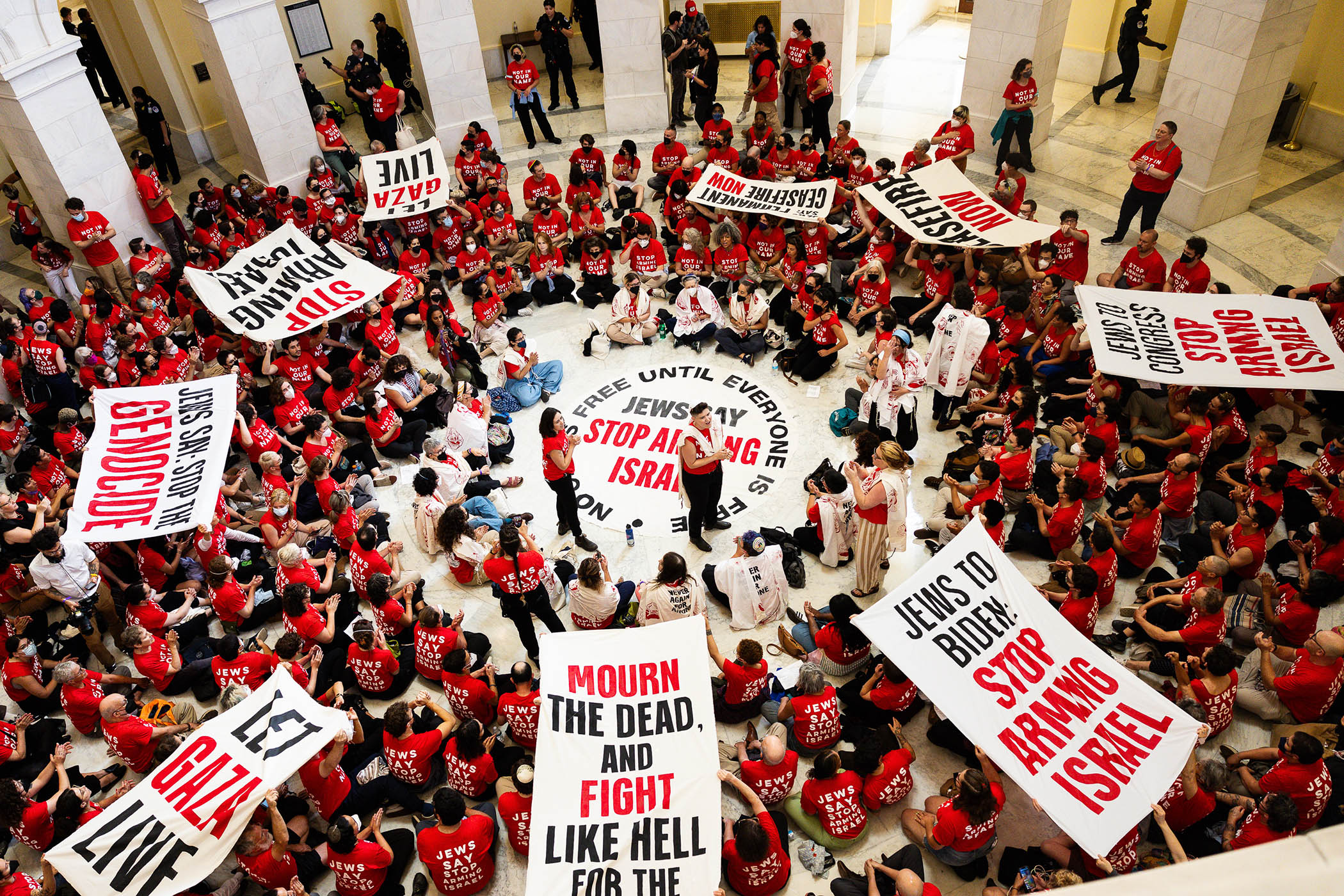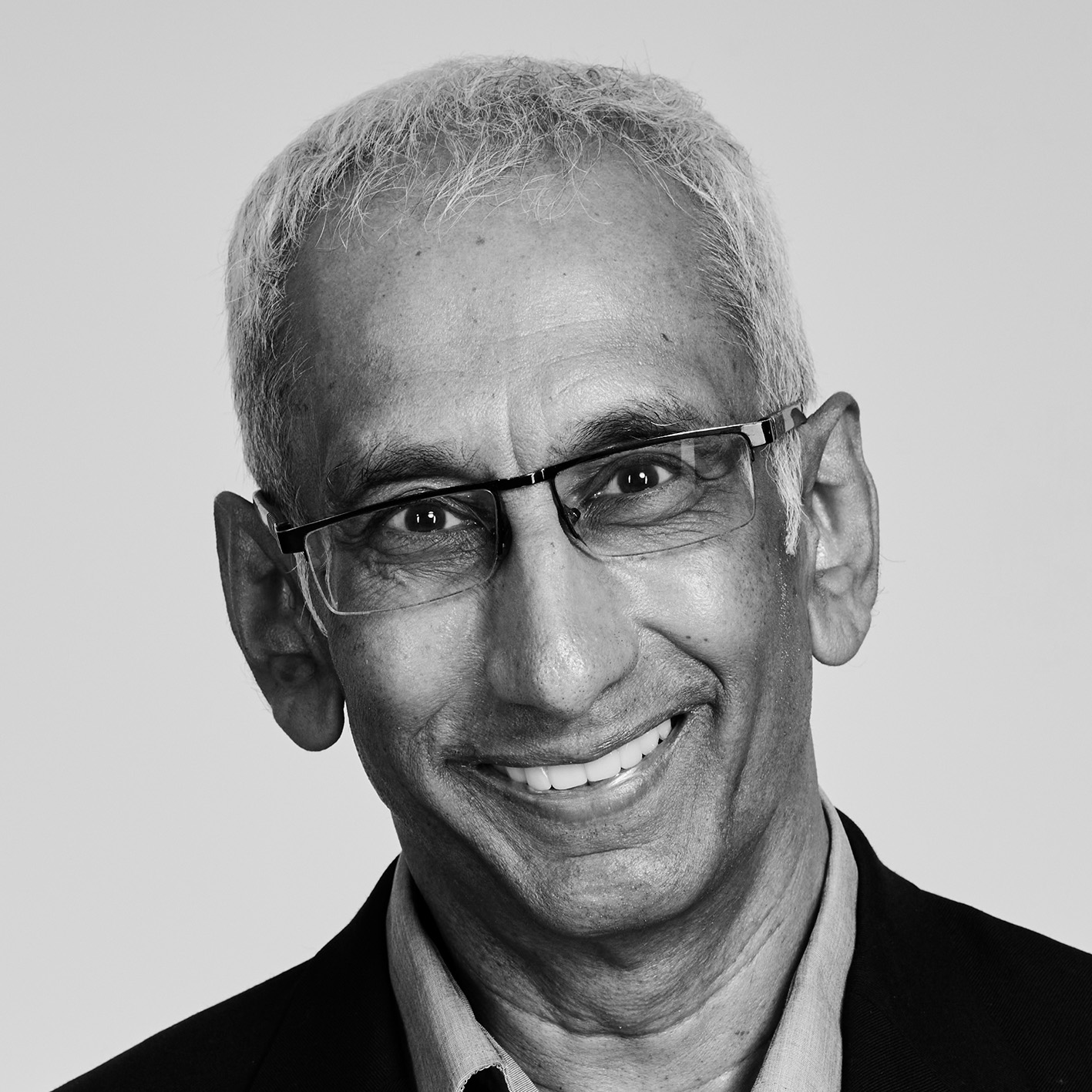‘Anti-Zionism is one of the modern forms of antisemitism,” said the French president, Emmanuel Macron, in 2019, for which claim he won considerable praise from Jewish groups and Israeli leaders. Last month Charles Kushner, the US ambassador to France, echoed the sentiment (“In today’s world, anti-Zionism is antisemitism – plain and simple”) in an open letter to Macron. He was not, though, praising the French president, but lambasting him for “public statements haranguing Israel and gestures toward recognition of a Palestinian state” and accusing him of helping “endanger Jewish life in France”.
It is a good illustration of how confused and contentious has become the question of what it is to be antisemitic. A generation ago, the issue seemed relatively straightforward. There were no formal definitions of antisemitism but there was a broad acceptance that it referred to acts or expressions of bigotry or discrimination against Jews. Today there are formal definitions aplenty – most notably the “working definition” adopted by the International Holocaust Remembrance Association (IHRA), which has been embraced by governments, universities and civil institutions on both sides of the Atlantic – but with little clarity about what it actually means.
And, as the very phrase “anti-Zionism is antisemitism” reveals, the battle against antisemitism has become as much about restricting speech as about protecting Jews. In the despairing words of Kenneth Stern, lead drafter of the IHRA definition, it has become “weaponised” into “a blunt instrument to label anyone an antisemite” and to “go after pro-Palestinian speech”.
Both the conflict over what it means to be antisemitic and the weaponisation of the concept have greatly intensified over the last two years, since the Hamas slaughter of 7 October and Israel’s subsequent destruction of Gaza.
Into this maelstrom enters an illuminating new book by the historian Mark Mazower. On Antisemitism does not seek to define the concept but more usefully tracks how its meaning has changed over time. Mazower’s timeline is marked by two watersheds a century apart.
It was in the latter part of the 19th century that modern forms of antisemitism were born as old prejudices about Jews were remade in the new language of race. That racialisation of Jew-hatred culminated in the tragedy of the Holocaust, in which 6 million Jews were exterminated.
In the post-Holocaust world, antisemitism, like racism generally, became more marginalised. Combating antisemitism was a given. What it meant to combat antisemitism, though, changed radically from the 1970s onwards.
The idea of a ‘Jewish state’ always placed limits on Israel’s capacity to be equal
The idea of a ‘Jewish state’ always placed limits on Israel’s capacity to be equal
As Jewish life became more secular and diverse, particularly in America, where most Jews now lived, so, Mazower observes, “the memory of the Holocaust came to be combined with an attachment to Israel as a marker of ethnic identity”. If greater identification with Israel provided diasporic Jews with a new sense of collective identity, for Israel it cemented its role as a voice for the global Jewish population, a role that diasporic Jewish leaders had fiercely resisted in the early postwar decades. It also fashioned for Israel a new weapon to challenge the claim that Zionism was a colonialist project denying Palestinians their rights – a claim that had gained momentum, especially among the nations of the Global South that had recently liberated themselves from colonialism. In 1975, the United Nations declared Zionism to be “a form of racism”.
Related articles:
On the contrary, Israel and its advocates argued: to criticise Israel in this fashion was itself racist because it was antisemitic. Not “Zionism is racism” but “anti-Zionism is racism” became their rallying cry. A “reframing” that began in the 1970s had by the 21st century, Mazower observes, “turned into a significant factor in global political discourse”. Challenging antisemitism was no longer simply about confronting anti-Jewish bigotry but also about “fighting back against critics of Israeli policies”.
It is true that anti-Zionism can be a cover for antisemitism. But the bald declaration that “anti-Zionism is antisemitism” is to provide cover for Israeli depredations. The late Jonathan Sacks, speaking as chief rabbi to a parliamentary committee on antisemitism, insisted that it was antisemitic to accuse Israel of “racism, ethnic cleansing, attempted genocide, crimes against humanity”. Not wrong or misguided, but antisemitic. There is undoubtedly an emotional charge in ascribing to the Jewish state iniquitous acts so recently inflicted upon the Jewish people themselves. Yet to dismiss any such charge as being a priori antisemitic is to give Israel a free pass provided to no other country in the world.
Newsletters
Choose the newsletters you want to receive
View more
For information about how The Observer protects your data, read our Privacy Policy
The elision of Israel and the Jewish people transformed also the meaning of Jewish identity. In the 19th century, Jewish emancipation had been challenged by ethnonationalists who insisted that Jews did not belong in European societies because they corrupted the racial purity of the nation; by the 21st century, Israel conceived of its identity in ethnonationalist terms.
The idea of a “Jewish state” had always placed limits on Israel’s capacity to be an equal, democratic nation. Those limits were formalised in 2018 through the “nation state” law, which declared that “the right to national self-determination in the State of Israel is exclusive to the Jewish People”. Israel, as its prime minister, Benjamin Netanyahu, insisted, “is the national state, not of all its citizens, but only of the Jewish people”. There were, in other words, two classes of Israeli citizens.
The remaking of the meaning of antisemitism is damaging to Jews, too. Jews today continue to be murdered, synagogues attacked, conspiracy theories pursued. Weaponising what antisemitism means helps little in confronting such bigotry. As Antony Lerman, former director of London’s Institute for Jewish Policy Research, observed 40 years ago, “it does that fight no service… to use the word so widely that, at one and the same time, it means everything – and nothing”.
Photograph by Tierney L. Cross/Getty Images



